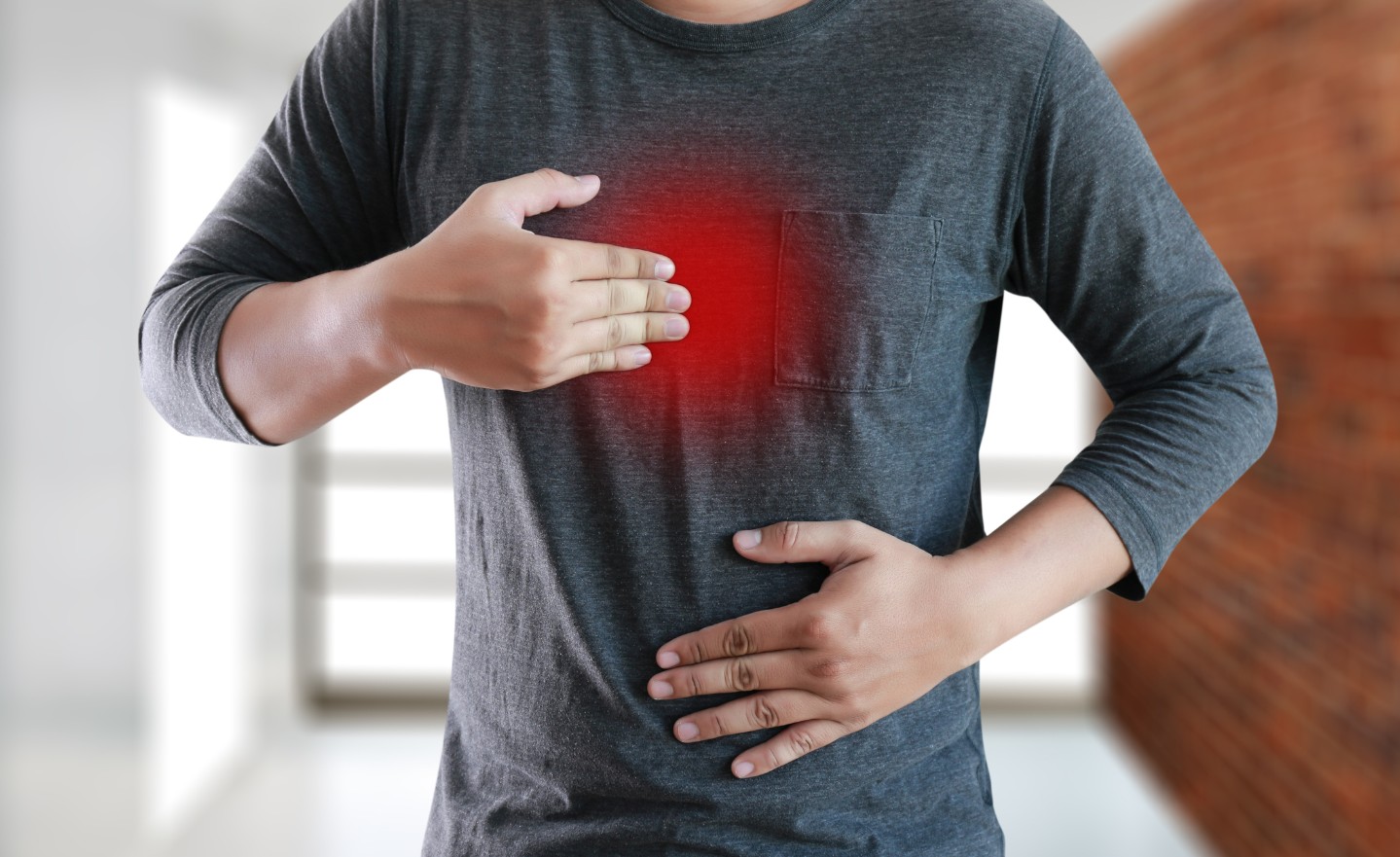Beyond the Chill: Understanding Raynaud's Phenomenon
JAN 29, 2026Raynaud's phenomenon is a rare disorder that affects the blood vessels, most commonly in the fingers and toes, but sometimes also in the nose, ears, or lips.
Read More
Maybe it’s burning in your chest after a late-night burrito, or citrus fruits don’t sit well with you anymore. We all have heartburn now and then. Unfortunately, for many people, it’s more than an occasional annoyance.
It’s a common misconception that heartburn is a benign issue that does not come with significant risks. It is important to get these symptoms under control because uncontrolled heartburn can lead to GERD – gastroesophageal reflux disease – which can lead to complications. These include:
The good news is you don’t have to feel the burn. There’s a lot you can do on your own to reduce symptoms, and effective treatments are available.
What causes that burning sensation beneath your breastbone? Acid reflux is caused when the sphincter between the esophagus and stomach relaxes inappropriately, allowing food to go backwards. You may also hear this referred to as acid indigestion, reflux or regurgitation. In general:
An estimated one in five people in the U.S. have GERD.* While certain types of food and beverages can certainly cause symptoms, other factors that can worsen GERD include smoking and being overweight.
The most common symptom is heartburn, that burning or painful sensation in the upper chest after eating. Reflux of stomach contents into the mouth with a metallic taste is also common. Some symptoms people may not expect could include a chronic cough or shortness of breath for people with asthma.
You can improve heartburn symptoms on your own with some simple interventions. These include:
If lifestyle modifications do not help and symptoms are occurring two or more times a week, seeing your primary care provider is a good idea. There are various prescription medications that can help. Seeking treatment and getting heartburn under control can help you avoid more serious complications in the future.
If you are having issues with heartburn or reflux, reach out to your Primary Care provider to schedule an appointment.
Resources:
*https://www.niddk.nih.gov/health-information/digestive-diseases/acid-reflux-ger-gerd-adults/definition-facts#common

Raynaud's phenomenon is a rare disorder that affects the blood vessels, most commonly in the fingers and toes, but sometimes also in the nose, ears, or lips.
Read More
Winter brings beautiful snowy landscapes and cozy evenings, but the cold, dry air—indoors and out—can be harsh on our hands, leading to dryness, cracking, and even more serious issues like frostbite. Protecting your hands is crucial for comfort and s...
Read More
While BMI can be a useful screening tool for populations, relying solely on this single number to define an individual's health and dictate weight management strategies is outdated and often misleading.
Read MoreWhen you need local health information from a trusted source, turn to the CHI Health Better You eNewsletter.